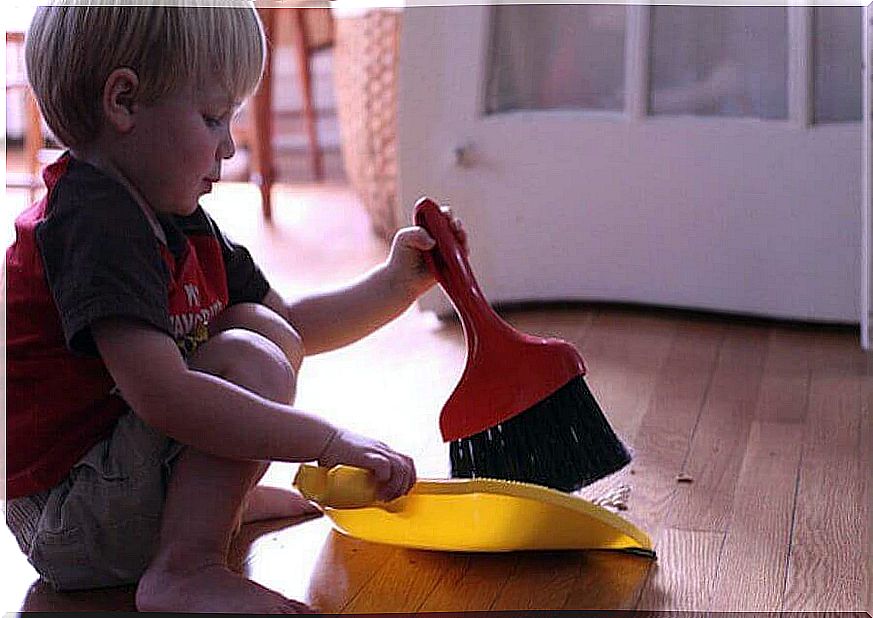Duty Form For Children: Here Are The Benefits

The use of a duty schedule is fundamental to children’s development. If they are well structured, you will be able to set guidelines that your children can follow throughout the day. You will also help them put their activities in a logical order and perform certain tasks independently. Are you using this system?
Why is a duty schedule necessary?
Often children do not listen to instructions at first. Usually you have to repeat yourself several times until they listen to you.
To avoid this, you can use a duty schedule. It helps your children develop mentally and mature faster.
There is no better way for children to learn how to work than to start at a young age. It’s something they’ll need in their adult lives.

How to teach your children to make a duty schedule
You can have them make their own schedule. That way, they become more motivated. However, you need to help them do that. Start by sitting with your child with a pencil and paper.
While helping them, ask what they would like to do when they wake up in the morning. Then write all the answers.
You can then edit based on what your child has told you. Write down the main ideas and get it all down on paper
It is very important that each task has the least possible words. Also add pictures so your child can understand it better.
As for the pictures, your child can draw what you wrote down. Another option is to put pictures that represent each task.
Benefits of starting a duty schedule at an early age
Routines allow children to organize their minds while having enough time for each task.
Duty forms help with concentration, teach the child independence and independence, stimulate self-confidence, help them achieve things on their own and create a sense of responsibility.
The next benefit is that duty forms promote children’s sense of responsibility. When children follow routines from a young age, they tend to be more organized in their daily lives.
They also develop better engagement, are more aware of their behavior and are responsible for their actions.
Self-confidence and independence
Another great benefit of performing duties is that it gives children an increased self-confidence.
When children follow daily routines, they tend to be more confident in themselves, trust people more and perceive the world with greater optimism. As a result, they feel they have some control over the environment they are in.
Duty forms also stimulate independence. Following certain routines is an excellent exercise to stimulate independence and autonomy. When children learn to perform tasks on their own, they become independent of their parents and develop their own skills.
Helps with communication and emotional development
Duty forms can help promote positive family communication. It can be exhausting for you to have to remind your children what to do all the time.
In fact, it is often a cause of family conflict. On the other hand, if the kids do what they need to do, you will feel less stressed.
Duty forms also help with emotional development. Children understand their routines clearly, which affects them positively because their lives are organized.
This gives them a greater sense of security. Over time, this can translate into better self-control and self-confidence.

Get some ideas
Duty forms are simple tables that have different columns. On the one hand, write the days of the week. On the other hand, write down the tasks the children need to do, such as cleaning, breakfast, brushing teeth, and eating.
In the middle of the table where the columns meet, there are small blank fields where your child has to write when they performed the task.
When the week is over and your child has completed all their tasks without having to be reminded, give them a small gift. It will motivate them to keep going.
Of course, try to give your child something that is emotionally valuable and not purely material.









